The Forgotten Builders - Koon Yew Yin
Koon Yew Yin
Publish date: Sun, 23 Feb 2020, 10:32 PM
After I read the article by Dr Lim Teck Ghee which appeared in his column, Another Take, in The Sun newspaper reproduced below, I am encouraged to write this piece.
Teck Ghee is my old friend. He was a former Professor with the Institute of Advanced Studies in the University Malaysia. Following a dispute with the university authorities at that time which rejected his application to take up a visiting chair awarded to him by the University of Toronto, he resigned from his position and left to work with the United Nations and the World Bank.
After his return to Malaysia, he became well-known or “infamous” following his resignation from the think tank organization ASLI when he disputed the Barisan Government’s official position on the share of corporate equity held under Bumiputra ownership. This resulted in a wide ranging national debate on what has been referred to as the “Never Ending Policy” - a debate which continues until today!
Subsequently I assisted him by helping to pay for part of his staff costs when he set up the Center for Policy Initiatives website. The CPI website was an early pioneer in exposing many of the policy deviations and cases of mis governance which occurred during the last decade. Readers can still access the website at http://www.cpiasia.net/v3/
In return he helped me to write my book “Road Map to Vision 2020” which had our former Finance Minister Tengku Razaleigh provide the Forward for the book. His assistance has also taken other forms, including disseminating information and providing publicity for my successful university scholarship programme for the deserving poor through his website.
Malaysian Master Builders Association
In relation to his latest article, I have been the Secretary General of the Malaysian Master Builders Association for 9 years. Being in that position, I know a great deal about the building construction industry and its complex technical, financial and human requirements. Practically all the roads and buildings in Malaysia are constructed by the Chinese contractors.
My knowledge however relates to the current situation. I must admit that I know less about its history, its ups and downs, the contribution of the early builders and contractors, and their role in the development of our country.
This is a subject which is surely deserving of the attention of our present generation who should never forget that what we are enjoying today is - as aptly described by Dr. Lim - due to the “blood, sweat and tears” of the previous generation and the leaders who have left their legacy for us to build upon.
This is why I have titled this article as “The Forgotten Builders” and to write in support of remembering and honoring our pioneering leaders.
Our greatest philanthropist
Lim Teck Ghee
The majority of Malaysians grow up not knowing or learning about the pioneers of the country’s history. They may see the names of some of these giants of national development engraved in a building. Or perhaps in a little street in some of our towns and cities. But whatever information on our early leaders is becoming more scanty by the day and is unlikely to be recognisable to whoever is walking along the street or is looking at an old building bearing an unfamiliar name.
At the same time even this diminishing testimony of their contribution is being lost. Old buildings are bulldozed and streets are renamed by a post-colonial authority bent on reconfiguring the nation’s history to have it accord with an official version that is marginalising or excluding the role and contribution of some of the leaders and communities who helped build the country to become what it is presently.
Today the name of Chung Keng Quee does not feature in any school history textbook. Fortunately it survives in the name of two streets in Penang – Lebuh Keng Quee and Lebuh Ah Kwee.
Fortunately too the story of this remarkable larger than life figure, who was founder and administrator of modern Taiping, secret society head, Chinese community leader, tin mining innovator, versatile businessman, architecture connoisseur and perhaps most interesting of all, philanthropist extraordinary, can be pieced together by reading the records of Malaysian history that are now available online.
More articles on Koon Yew Yin's Blog
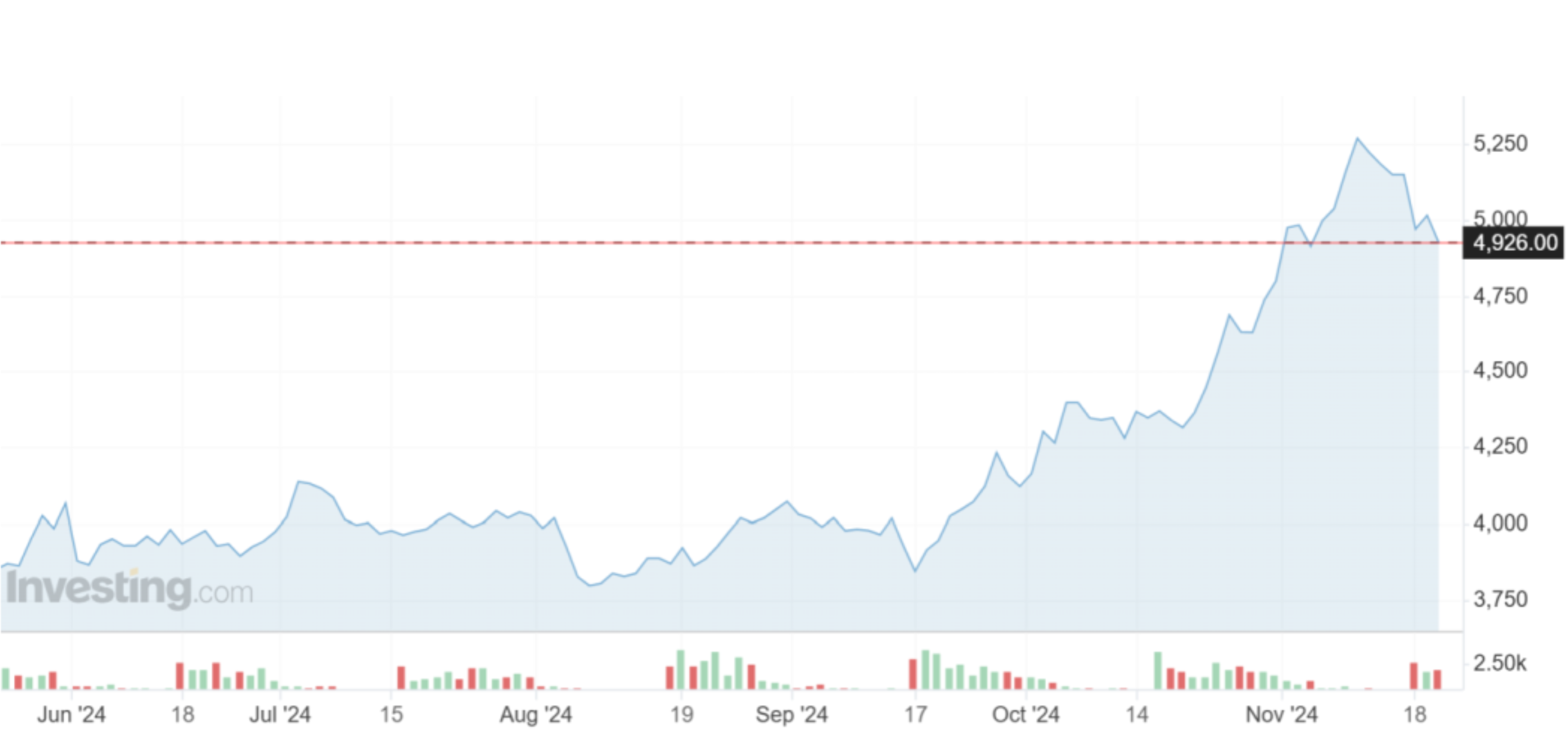
Created by Koon Yew Yin | Nov 22, 2024
All plantation companies are reporting better profit for the quarter ending September when CPO price was about RM 3,800 per ton.
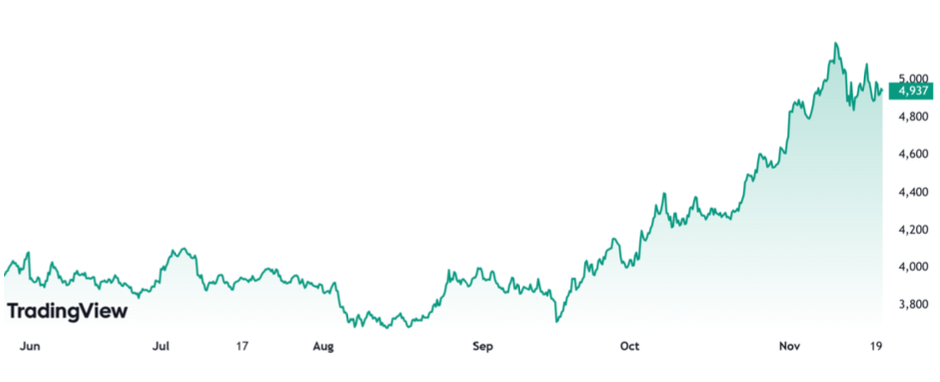
Created by Koon Yew Yin | Nov 21, 2024
Indonesia is the biggest palm oil producer in the world. Indonesia plans to implement biodiesel with a mandatory 40% blend of palm oil-based fuel from Jan. 1 next year, a senior energy ministry offici
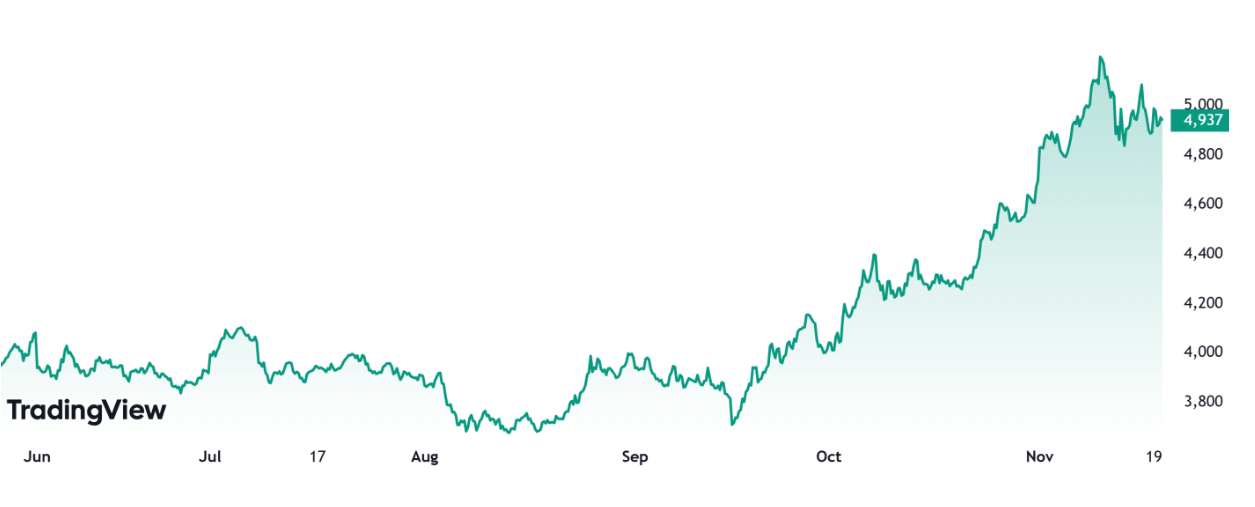
Created by Koon Yew Yin | Nov 20, 2024
Indonesia plans to implement biodiesel with a mandatory 40% blend of palm oil-based fuel from Jan. 1 next year, a senior energy ministry official said recently, lifting prices of the vegetable oil...

Created by Koon Yew Yin | Oct 30, 2024
Latest poll on 30th Oct 2024
Created by Koon Yew Yin | Oct 30, 2024
Latest poll on 30th Oct 2024
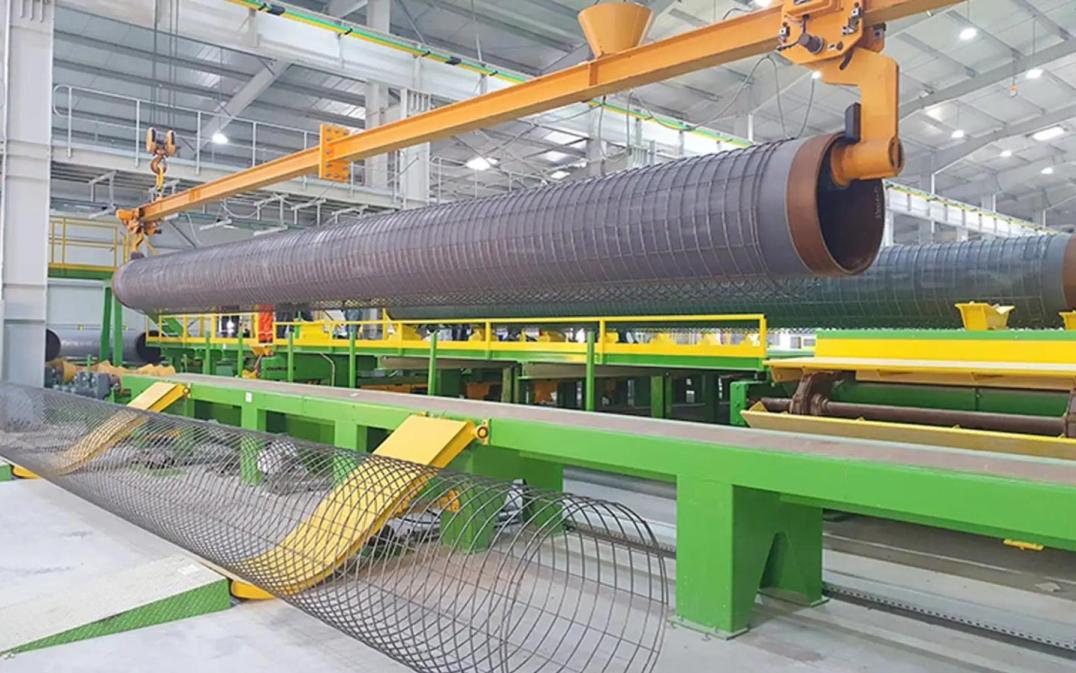
Created by Koon Yew Yin | Oct 25, 2024
The group is expected to deliver better profits and revenue from its pipe coating, engineering, and bioenergy segments.
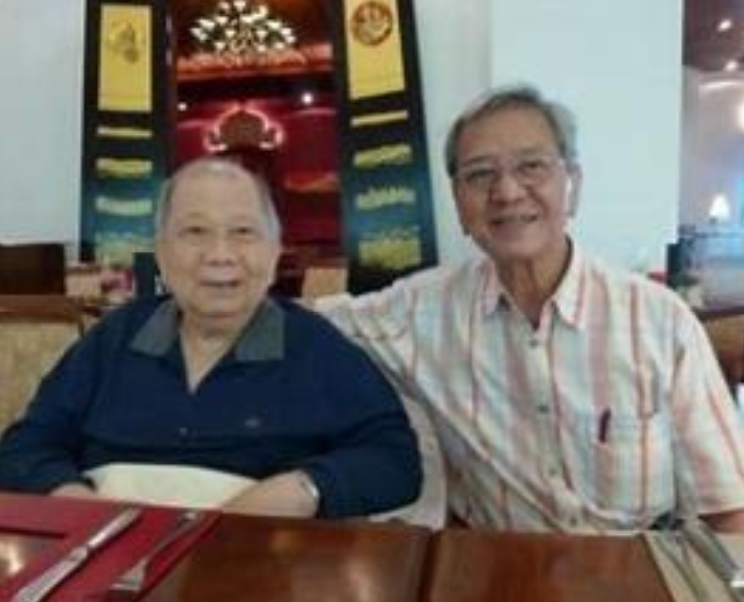
Created by Koon Yew Yin | Oct 14, 2024
Today I read the article by Murray Hunter titled “A Visit to the Malaysian Communist Party tunnels in Betong, Thailand”, which is an important part of Malaysia’s history.

Created by Koon Yew Yin | Oct 04, 2024
KSL is still the cheapest based on a 4.4 PE ratio, which means its share price should continue to go up. Unfortunately, there are a few small investors who always queue to sell at cheaper prices...
Created by Koon Yew Yin | Oct 04, 2024
KSL is still the cheapest based on a 4.4 PE ratio, which means its share price should continue to go up. Unfortunately, there are a few small investors who always queue to sell at cheaper prices...
Created by Koon Yew Yin | Sep 06, 2024
Water pollution is a huge challenge for freshwater in the UK, impacting our rivers, streams, and lakes and the wildlife that call them home.


















